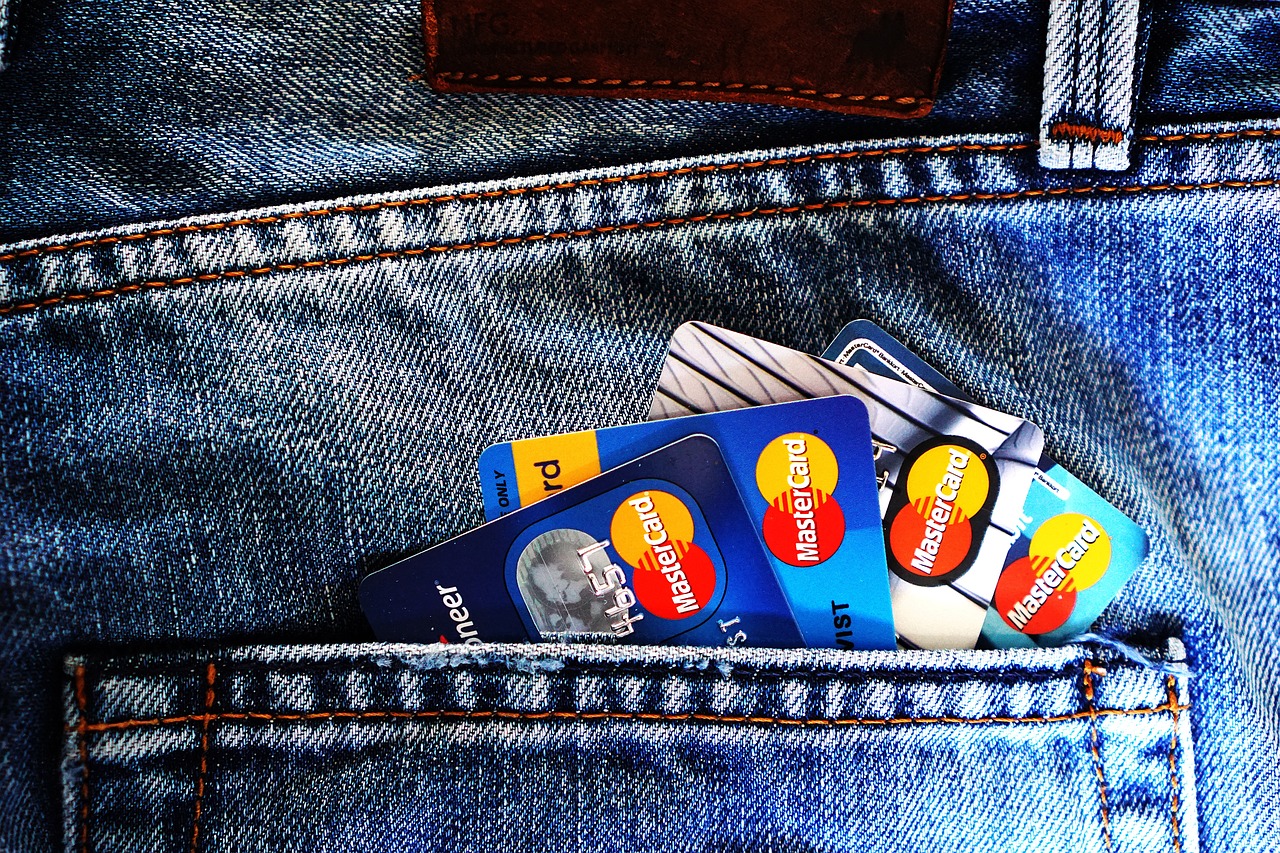Key Takeaways
- After bankruptcy is removed from your credit report—7 years for Chapter 13 and 10 years for Chapter 7—your credit score may increase by 30 to 100 points, depending on your credit history and financial behavior.
- The exact improvement in your credit score varies based on factors such as the presence of other negative marks, your debt-to-income ratio, and your efforts to rebuild credit post-bankruptcy.
- Consistently practicing responsible financial habits, like making timely payments and maintaining low credit utilization, can enhance the positive impact on your credit score once the bankruptcy record is expunged.
The choice to file for bankruptcy is not an easy one to make. Bankruptcy has long-lasting repercussions that extend to many facets of your life, which is why it is not an action that should be taken lightly. However, it can be the best course of action to take in many instances.
Bankruptcy serves the purpose of giving people a fresh start, a way to start from scratch so that they can begin rebuilding their personal finances from the ground up without unmanageable debt. While bankruptcy causes most of your debt to disappear, it does not erase the contents of your credit report overnight.
When you determine that it is necessary to take the last-resort option of filing for bankruptcy in order to resolve your debts, it is vital to understand the consequences that will accompany that decision. A bankruptcy filing on your consumer report will harm your credit score significantly.
While it is true that the effects are longstanding, they are also not forever, as bankruptcy will eventually fall off your credit report once a certain amount of time has passed.
How Does Bankruptcy Affect Your Credit Score?
Just like any other negative piece of information that might get reported on your credit score, such as late payments or denied credit inquiries, bankruptcy will have an immediate impact on your overall credit score.
Having that bankruptcy filing recorded in your credit report will inevitably affect your ability to open new lines of credit and obtain loans. And those that you can qualify for will likely charge you higher interest rates while bankruptcy still shows on your credit report.
Despite the negative impact bankruptcy has on your credit, it does not stay on your report forever, and its influence on your credit score can even diminish over time before it disappears entirely from your report.
It is important to remember that bankruptcy is the first step towards rebuilding your credit, not just another thing that damages it. It is for this reason that you undergo credit counseling immediately after filing bankruptcy, giving you a unique opportunity to gain further financial literacy.
Under federal law, a bankruptcy filing will remain on your credit report for up to ten years. Still, you can see a marked improvement in your credit score well before it falls off entirely if you diligently cultivate your overall financial health.
Why File for Bankruptcy?
Bankruptcy is a vital component of the proper functioning of the economy. There needs to be a productive way for individuals to discharge debt that has become unmanageable and cannot be repaid in full. It is meant to be a solution when all other options have been exhausted.
The federal government offers two avenues for individuals to clear and manage their debts:
Chapter 7 Bankruptcy
When you file for Chapter 7 bankruptcy, all of your eligible debts are completely discharged.
Depending on your net worth and assets, you may be required to sell off a portion of your property to pay down a portion of your debts. Chapter 7 bankruptcy is the most common option for individuals with a limited income and assets.
A liquidation bankruptcy of this kind is expected to stay on your credit report up to ten years after filing.
Chapter 13 Bankruptcy
As opposed to discharging all of your debts, Chapter 13 bankruptcy organizes a portion of your debt into an affordable repayment plan so as to avoid liquidating assets like your home or your car.
This partial repayment plan usually spans three to five years to ensure manageable bill payments. A Chapter 13 bankruptcy is the right choice for individuals with enough net worth and income to pay a portion of their unmanageable debt, making Chapter 7 unnecessary.
The reorganization of your debt through Chapter 13 bankruptcy will only stay on your credit report for seven years after filing.
How Much Will Credit Score Increase After Bankruptcy Falls Off?
After your bankruptcy filing falls off your credit report, your FICO score calculation could show a 30-to-100-point increase depending on the other information on your report. However, it is essential to keep in mind that your FICO credit score is not included in your credit report but is instead calculated through the information on your report after the fact.
Since not all credit scores are immediately updated when changes are made to your report, you might not see the effects right away. However, there are an abundance of ways to access free credit scores that are frequently updated so you can see the impact of having your bankruptcy removed.
Seeing your credit score improve after a bankruptcy filing has just as much to do with how you go about building good credit with it still in your credit history as it does with the moment bankruptcy falls off your report altogether.
Is It Possible To Improve Your Credit Score Even Sooner?
Even though you may see your FICO score drop when you first file bankruptcy, the bankruptcy discharge of your debts that happens shortly afterward could improve your overall report since it wipes away and closes many accounts that negatively impact it.
There is no need to wait seven years for when your bankruptcy falls off your public record for you to start rebuilding your credit. You can begin building your credit and improving your financial situation from the moment you file bankruptcy.
Simple Tips for Rebuilding Your Credit After Bankruptcy
There are a myriad of ways to start rebuilding your credit from the moment your debts are discharged and wiped from your credit history. Knowing that your bankruptcy will not stay on your credit forever can inspire you to improve your credit score well before it falls off your report. When it finally does, you will have an abundance of financial products and opportunities open to you!
Below we have outlined a few simple tips for using credit responsibly so that you might rebuild your credit score and improve your overall financial situation after filing bankruptcy.
Monitor Your Credit Report and Score Often
It’s a good idea after your bankruptcy has gone through to get in the habit of regularly checking your credit report. It is typically a bit easier to monitor your FICO score on its own. Still, it is crucial to understand how that credit score is calculated by reading through all the various components included in your credit report.
Monitoring your report frequently will allow you to watch the various discharged debts be cleared from your credit history. You will also be able to catch any discrepancies or inaccurate account information that could negatively impact your credit score.
Habitually checking your report will make it so you can confirm as quickly as possible when the bankruptcy falls off your credit to see how much your credit score increases. All consumers are able to receive a free credit report once a year from AnnualCreditReport.com!
Become an Authorized User
Now that you have your fresh start, you will want to approach your finances responsibly so that you don’t end up in the situation that led to filing bankruptcy in the first place. It would be wise to avoid taking on any unnecessary new debt and only obtain credit when you are financially stable.
Thankfully, there are several options that could help you get there. The first is being placed as an authorized user on someone else’s credit card, possibly one belonging to a family member.
When you become an authorized user, you get the information on their credit card attached to your name so that it appears on your credit report as well as the account’s owner. If that credit account is in good standing, it will reflect positively on your credit report.
Consider a Secured Credit Card
Another excellent way to begin to build credit from the ground up is to obtain a secured credit card. Secured credit cards allow you to dip your toes into using new credit again without running the risk of repeating old patterns.
A secured credit card uses a refundable security deposit for you to borrow against so that you never spend money you don’t actually have. Credit card companies that issue secured credit cards report back to all three credit bureaus, making it possible for you to build credit through responsible credit use.
Using a secured card gives the opportunity to improve your credit score directly after bankruptcy until you are ready to start opening standard credit accounts again.
Build a Good Payment History
Once you are ready to start taking on new credit cards, you will want to keep your payment history as pristine as possible to watch your credit score increase after bankruptcy.
Avoid any late or missed payments, as your payment history on your credit report makes up 35% of your credit score calculation. In addition to your credit card accounts, keep your payments consistent and on time for your other debt, such as any auto loan or monthly installment loan you have a payment schedule for.
Keep Any New Credit Balances Low
For any new credit accounts you open, keep the balance well below the credit limit. In comparison to your total credit limit, the amount you owe accounts for 30% of your credit score, so keeping your balances low is crucial to see a credit score increase.
If you can, aim to keep your credit card usage minimal and pay all your accounts down to zero balance each month. This responsible credit usage will almost guarantee a significant credit score increase after bankruptcy.
Build an Emergency Savings Fund
The best way to avoid getting into a debt spiral once again is to put yourself in a position where you never need to rely on credit cards for necessities or emergencies. Having a substantial emergency fund is one of the wisest money moves you can make.
Once you have a solid savings account, you will be able to cover unexpected expenses, medical bills, car repairs, or a job loss without needing to incur more debt.
If you have obtained a clean slate through bankruptcy, it is vital not to take this opportunity to start over for granted. Take advantage of this new ability to rebuild your credit score from the ground up. Through hard work and diligence, you will see a wealth of financial opportunities become available to you in time!
References:
- What Is the Difference Between Chapter 7 and Chapter 13 Bankruptcy? | Experian
- 7 Easy Ways to Rebuild Your Credit After Bankruptcy | Forbes
Matt Mayerle is a Chicago-based Content Manager and writer focused on personal finance topics like budgeting, credit, and the subprime loan industry. Matt has a degree in Public Relations and has been researching and writing about financial literacy and personal finance since 2015, and writing professionally since 2011.







